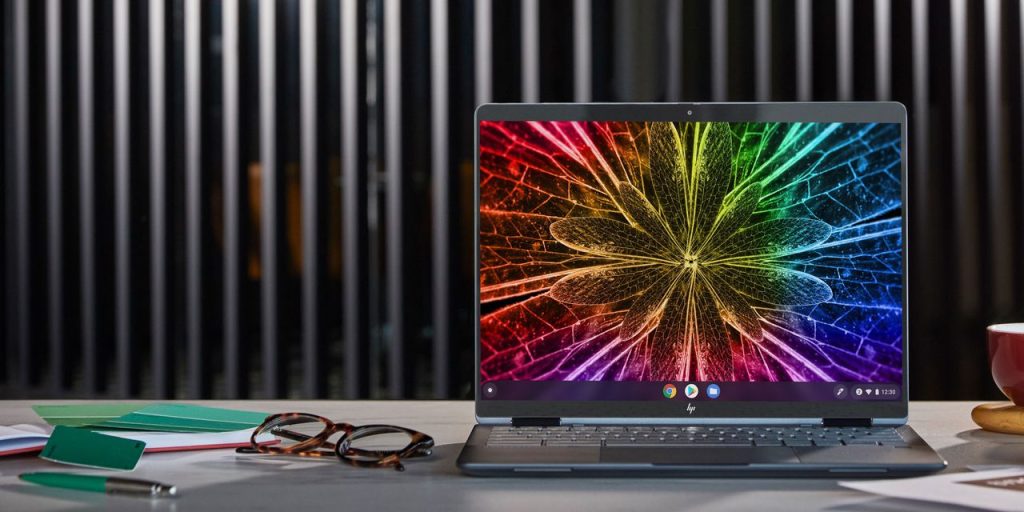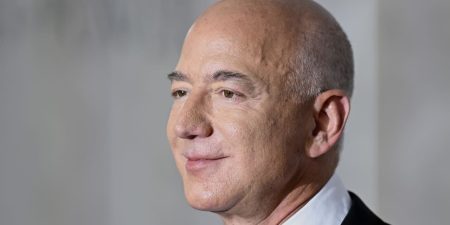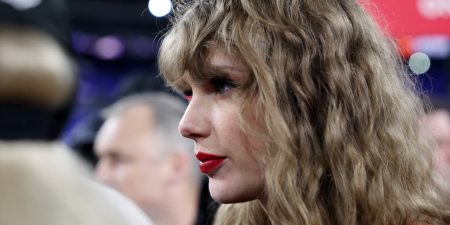Personal-computer makers have had a rough go in the postpandemic era, but Citi Research is now feeling more optimistic about the potential for HP Inc. shares.
Citi analyst Asiya Merchant upgraded HP’s stock
HPQ,
to buy from neutral Monday, cheering signs of a better demand landscape ahead and upping her target price to $33 from $31.
“Commentary from the supply chain has been positive, with positive demand indicated ahead, and with inventory digestion completed and restocking to support seasonal buying patterns,” Merchant wrote.
Read: Apple ‘investing quite a bit’ in generative AI, but its CEO is being tight-lipped
Further, she noted that third-party data indicate HP is improving its market-share trends. HP has been focused on higher-growth areas like commercial and gaming PCs, and Merchant expects the company to benefit from a healthier industry backdrop next fiscal year, which could be aided by the Windows 10 expiration.
Merchant also likes the earnings picture for HP, noting that the company has worked to cut costs in a potential tailwind to margins.
Plus, there’s a compelling longer-term opportunity related to artificial-intelligence, especially as Microsoft Corp. continues to push AI offerings like Copilot.
“Beyond this preliminary application of AI at the client level, and as users become more familiar with AI on their local desktops/laptops, the demand for more robust AI locally at the edge (at the client level, where the majority of data is typically created) should spur the necessity for major chip upgrades including not just newer and faster CPUs & GPUs, but also critical NPUs (neural processing units) to process large datasets more efficiently and with less latency (and cost) than if processed in the cloud,” Merchant wrote.
Don’t miss: Intel CEO Pat Gelsinger scoops up $250,000 in stock
The AI trend “could signal improved economics for the PC ecosystem,” though she hasn’t yet factored this catalyst into her estimates as she looking for more evidence of demand impacts.
HP shares are up 1.5% in premarket trading Monday, though they’ve declined about 10% over the past 12 months.
Read the full article here















